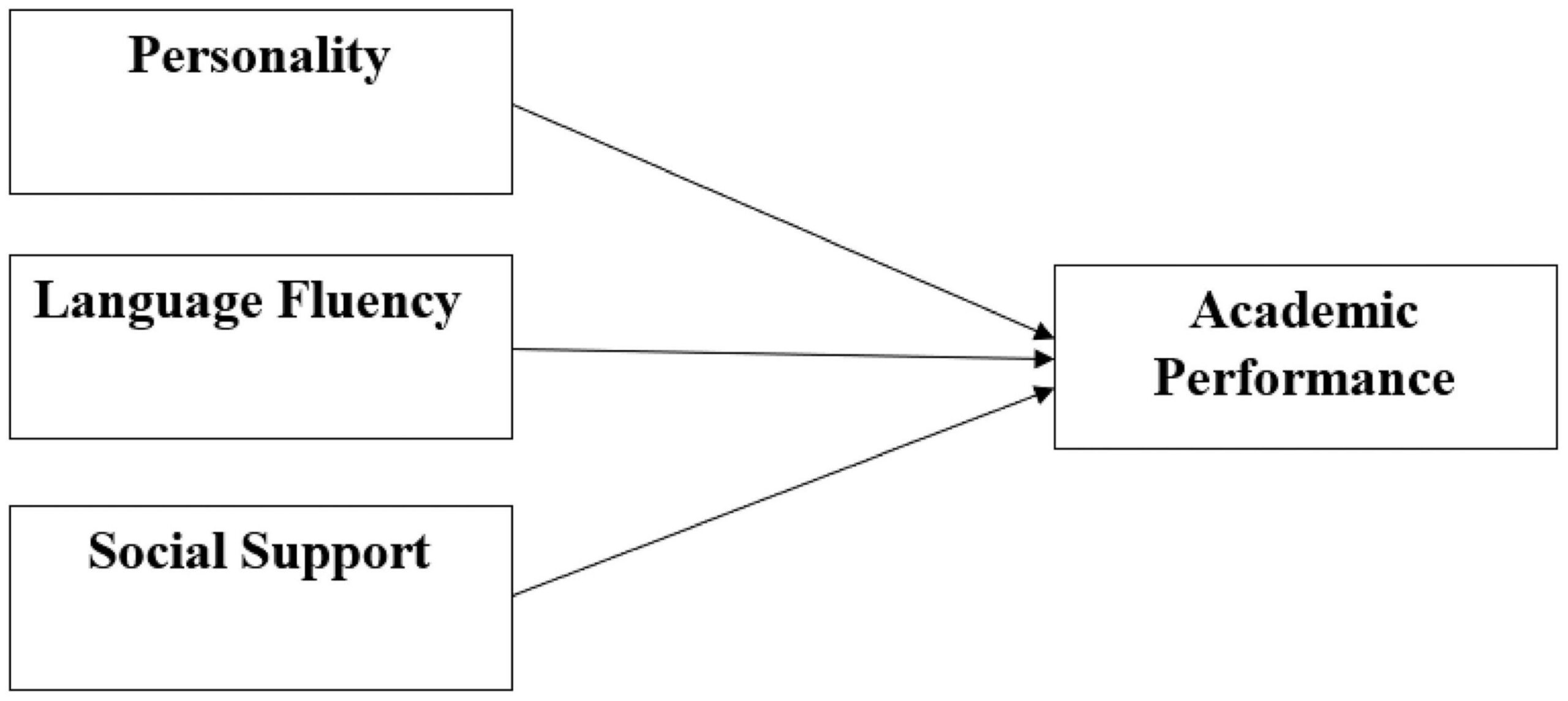Personality Development for Teachers: Shaping Effective Educators
Personality development is a crucial aspect of professional growth, especially for teachers who play an integral role in shaping the future of their students. A teacher’s personality influences not only their ability to communicate and impart knowledge but also their capacity to inspire, motivate, and connect with students. A well-developed personality can foster a positive learning environment, enhance student engagement, and contribute to overall academic success. This article explores the key aspects of personality development for teachers, emphasizing self-awareness, communication skills, emotional intelligence, and continuous learning.
1. Understanding the Importance of Personality Development in Teaching
Personality development for teachers is not just about enhancing one’s appearance or mannerisms; it is about cultivating qualities that help build stronger relationships with students, improve teaching efficacy, and establish a positive and conducive classroom environment. Teachers are role models for their students, and their behavior, attitude, and approach can significantly impact the students’ academic and personal growth.
A teacher’s personality reflects their professional identity, and it is essential to continuously work on developing qualities that promote trust, respect, and a healthy learning atmosphere. A positive, well-rounded personality also helps teachers manage challenges, whether they are related to classroom discipline, student diversity, or personal stress.
2. Key Elements of a Teacher’s Personality
Several aspects contribute to the personality development of a teacher. These include:
- Self-Awareness: Knowing oneself is the first step toward personal development. Teachers should take the time to reflect on their strengths, weaknesses, values, and teaching philosophies. Self-awareness helps in understanding how one’s actions, words, and behaviors impact others, particularly students.
- Emotional Intelligence (EQ): Teachers with high emotional intelligence are able to manage their emotions effectively, empathize with students, and handle classroom dynamics with maturity and understanding. This leads to better student-teacher relationships and a harmonious classroom environment.
- Adaptability: Flexibility in teaching methods and attitudes is essential in a classroom. Teachers must be able to adjust their approaches based on different student needs, classroom situations, and external factors, such as technology or curriculum changes.
- Confidence: Confidence is critical for effective teaching. Teachers must believe in their ability to teach and lead students while also being open to feedback and self-improvement.
- Positive Attitude: A positive attitude helps teachers remain motivated and enthusiastic. A teacher with a can-do attitude can inspire students to face challenges with resilience and optimism.
3. Building Effective Communication Skills
Communication is the cornerstone of teaching. Effective communication encompasses both verbal and non-verbal aspects. Teachers must develop the ability to convey complex ideas in a simple and understandable manner, ensuring students can grasp and retain the information. This requires clarity, articulation, and the ability to engage students in discussions.
However, communication is not just about speaking; listening is equally important. Teachers must be active listeners to understand students’ concerns, feedback, and emotional states. This allows teachers to tailor their teaching methods to better suit individual learning needs.
Non-verbal communication—such as body language, facial expressions, and tone of voice—also plays a significant role in conveying empathy, encouragement, and authority. Teachers who are aware of their non-verbal cues can foster a more inclusive and positive classroom atmosphere.
4. Developing Emotional Intelligence for Teachers
Emotional intelligence (EQ) is vital for teachers in managing classroom dynamics, building rapport with students, and maintaining control over the learning environment. Teachers with high emotional intelligence are better equipped to manage stress, resolve conflicts, and make thoughtful decisions in difficult situations.
Key components of emotional intelligence for teachers include:
- Self-awareness: Recognizing one’s emotions and their impact on others.
- Self-regulation: The ability to control one’s emotions, particularly in challenging situations.
- Empathy: Understanding and sharing the feelings of students, which allows for more personalized teaching.
- Social skills: Building positive relationships with students, parents, and colleagues.
- Motivation: Staying motivated to achieve professional and personal goals, even in the face of setbacks.
Teachers who possess these qualities are more likely to create a positive, nurturing classroom environment where students feel valued and respected.
5. Cultivating a Growth Mindset
A growth mindset is the belief that abilities and intelligence can be developed through dedication, hard work, and learning. For teachers, adopting a growth mindset is critical to personal and professional development. Teachers should see challenges as opportunities for growth, rather than as setbacks.
By embracing a growth mindset, teachers demonstrate to their students the importance of perseverance, resilience, and a commitment to lifelong learning. Teachers who are open to new ideas, willing to try new teaching methods, and eager to improve their craft can serve as role models for students in fostering their own growth mindset.
6. Building Classroom Management Skills
An essential aspect of a teacher’s personality development is the ability to manage a classroom effectively. Good classroom management creates a productive, respectful, and focused environment where students can thrive. Effective classroom management involves:
- Setting clear expectations: Establishing rules and routines from the start of the school year helps students understand what is expected of them.
- Building rapport with students: When students respect their teachers and feel supported, they are more likely to adhere to classroom norms.
- Consistency and fairness: Teachers must apply rules consistently and treat all students equally to maintain fairness in the classroom.
- Positive reinforcement: Encouraging and rewarding good behavior motivates students to continue making positive choices.
By honing these skills, teachers can reduce disruptive behavior and ensure that students remain engaged and focused on their learning.
7. Stress Management and Self-Care
Teaching is a rewarding profession, but it can also be stressful. Teachers often juggle multiple responsibilities, including lesson planning, grading, addressing students’ needs, and maintaining a balance between work and personal life. Stress can negatively affect a teacher’s performance and overall well-being.
It is essential for teachers to develop stress management strategies and engage in self-care. This may include regular physical exercise, mindfulness practices, or taking time to pursue hobbies and activities that bring relaxation and joy. By managing stress effectively, teachers can maintain a positive outlook, stay energized, and provide better support to their students.
8. Continuous Professional Development
Personality development for teachers does not end with initial training or certification. Teachers should engage in continuous professional development (CPD) to enhance their skills and knowledge. This may involve attending workshops, enrolling in advanced education courses, participating in educational conferences, or collaborating with colleagues.
Professional development allows teachers to stay updated with the latest teaching techniques, technologies, and methodologies. It also provides opportunities to reflect on their practices, set new goals, and improve their overall teaching effectiveness.
9. Conclusion
The development of a teacher’s personality is an ongoing process that has a profound impact on their teaching effectiveness and the learning experience of their students. By focusing on aspects such as self-awareness, emotional intelligence, communication, adaptability, and professional growth, teachers can enhance their ability to create a positive and enriching classroom environment. Teachers who invest in their own personal development not only become better educators but also inspire their students to pursue their own paths of personal and academic growth.
In the fast-evolving world of education, personality development is not a one-time effort, but a continuous journey that helps teachers stay connected to their students and the ever-changing educational landscape.













Post Comment